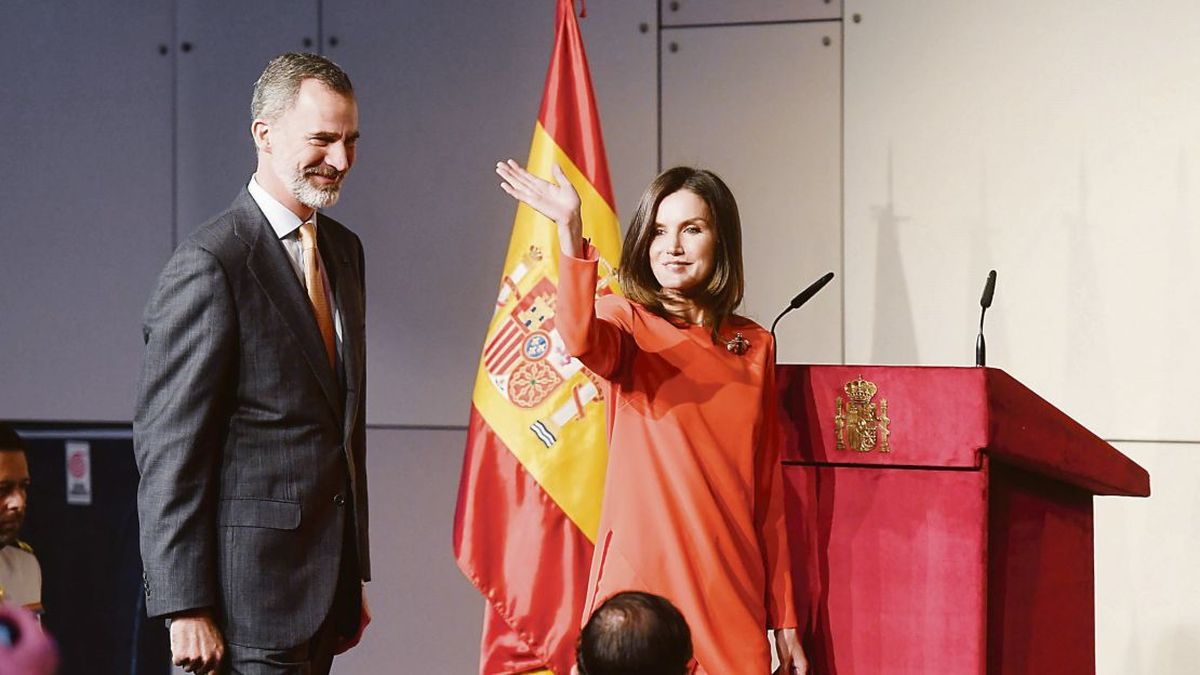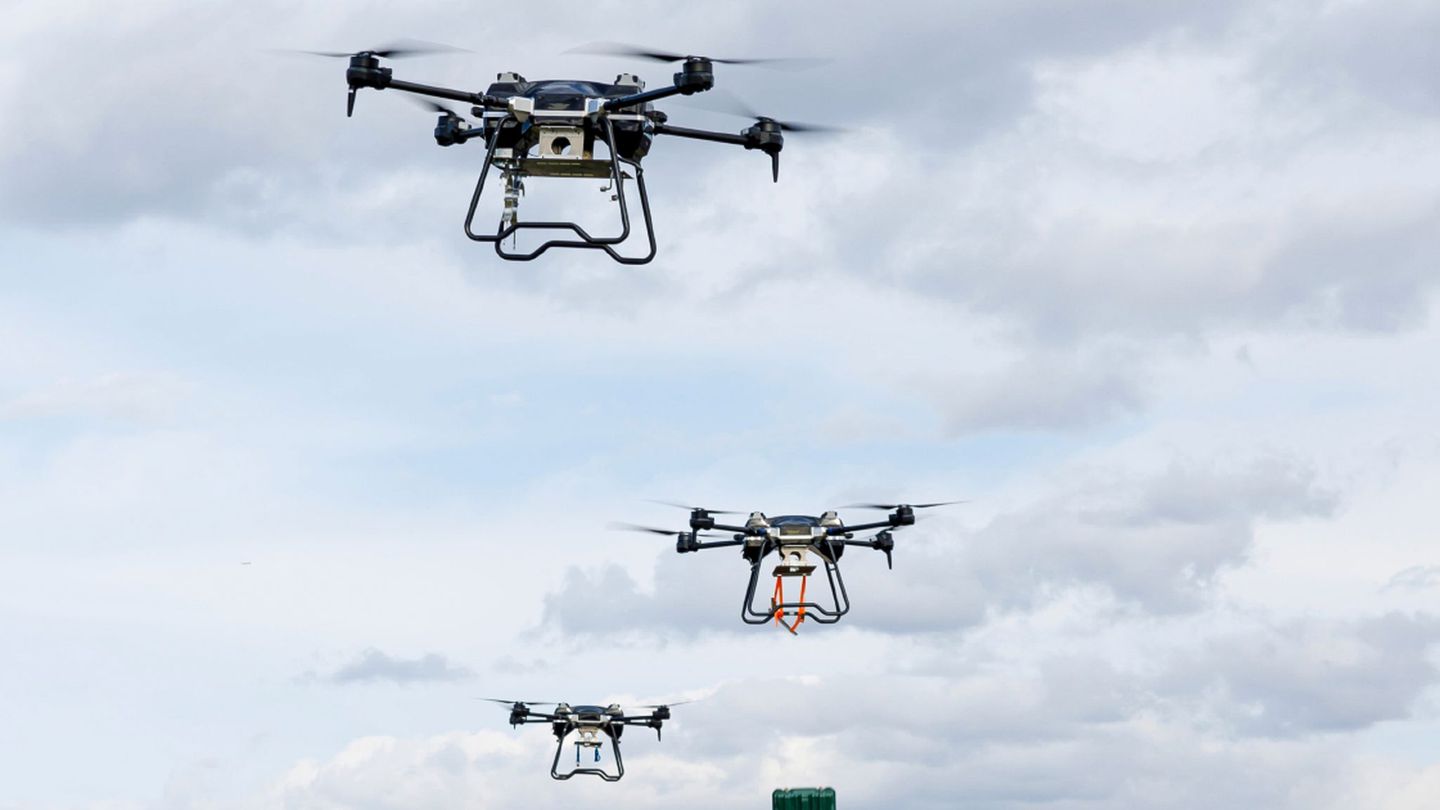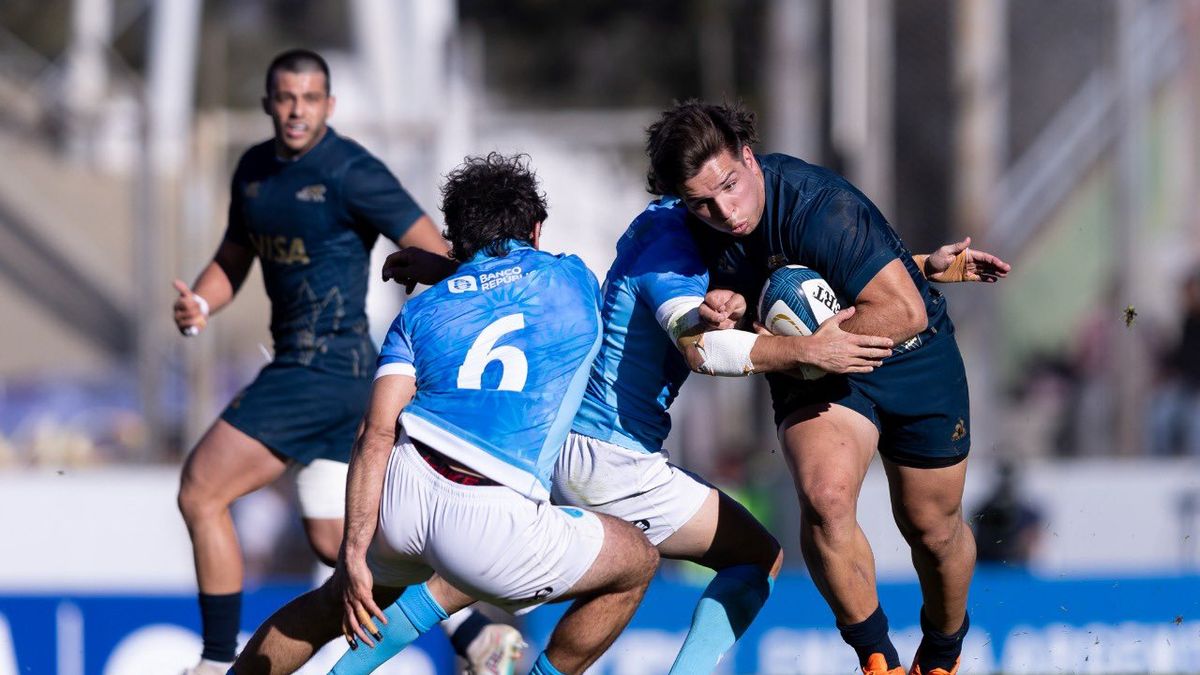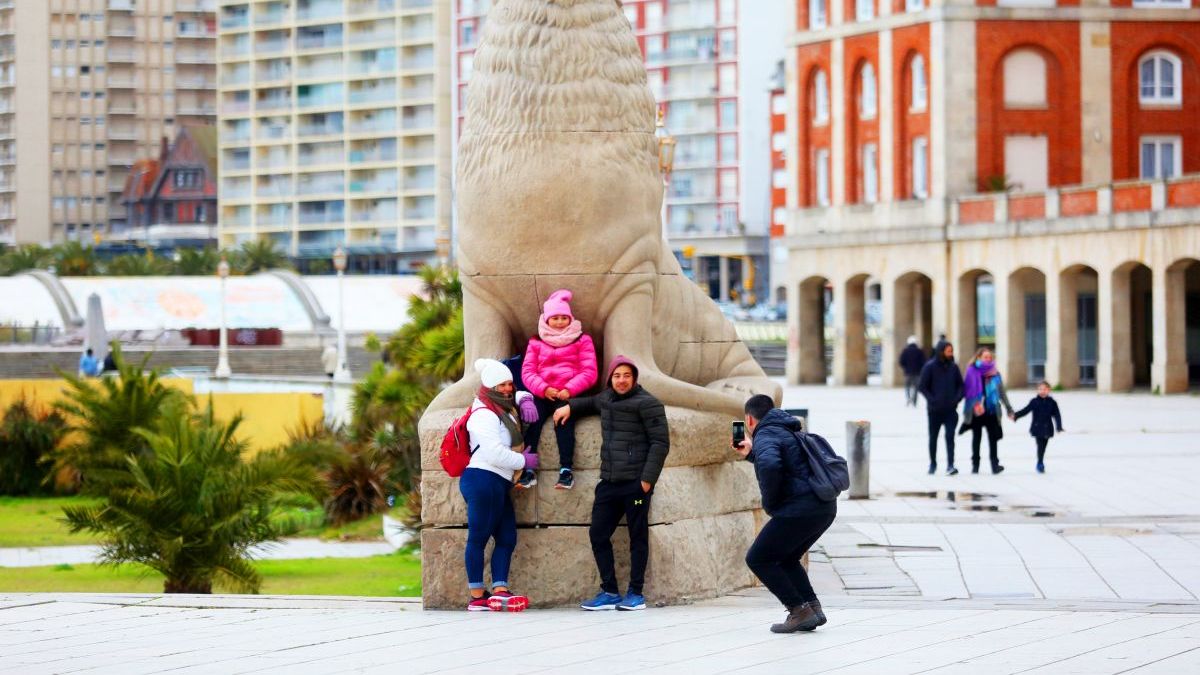The base of the monument was broken and the statue was disarmed in two parts due to the impact of the fall, reflected the images spread on social networks.
The mayor of San Juan, Miguel Romero, framed the event as an “act of vandalism.”
King Felipe VI is scheduled to arrive this afternoon in Puerto Rico, a former Spanish colony turned into an unincorporated territory of the United States, on the occasion of the 500th anniversary of the founding of San Juan.
The capital was created in 1521, but the official celebrations were postponed due to the coronavirus pandemic.
After noon, a man climbed the pedestal and sat in the place where the effigy was erected as a sign of protest, according to the AFP news agency.
“The colonialist monuments really annoy me,” said Rafael Capó, a 35-year-old history teacher.
In recent weeks, the denunciation against government policies that offer tax benefits for foreigners who move to the island and that, according to experts, favor the displacement of local communities, has intensified in Puerto Rico.
Capó referred to this to explain why he considers that there is a relationship between the denunciation of Spanish colonialism and the current situation in Puerto Rico.
“Five hundred years later, history continues to repeat itself. They continue to import people from outside to get the locals out,” he reproached shortly before coming down from the pedestal.
The authorities indicated that they were reviewing images from security cameras to try to locate those responsible for the demolition.
Several local media suggest that a group called the Libertarian Forces of Borikén assumed responsibility for the events.
“Given the supposed visit of the King of Spain, Felipe VI, to Puerto Rico and the escalation of gringo invaders seizing our lands, we want to send a clear message: Neither kings nor gringo invaders,” the group said in a statement.
Ponce de León received royal permission in 1508 to explore and colonize the island, which the Taínos, its native inhabitants, called Borikén.
The toppled statue was forged in 1882 in New York from bronze obtained from English cannons captured after a failed British attack on the Spanish in Puerto Rico in 1797.
Source From: Ambito
David William is a talented author who has made a name for himself in the world of writing. He is a professional author who writes on a wide range of topics, from general interest to opinion news. David is currently working as a writer at 24 hours worlds where he brings his unique perspective and in-depth research to his articles, making them both informative and engaging.




